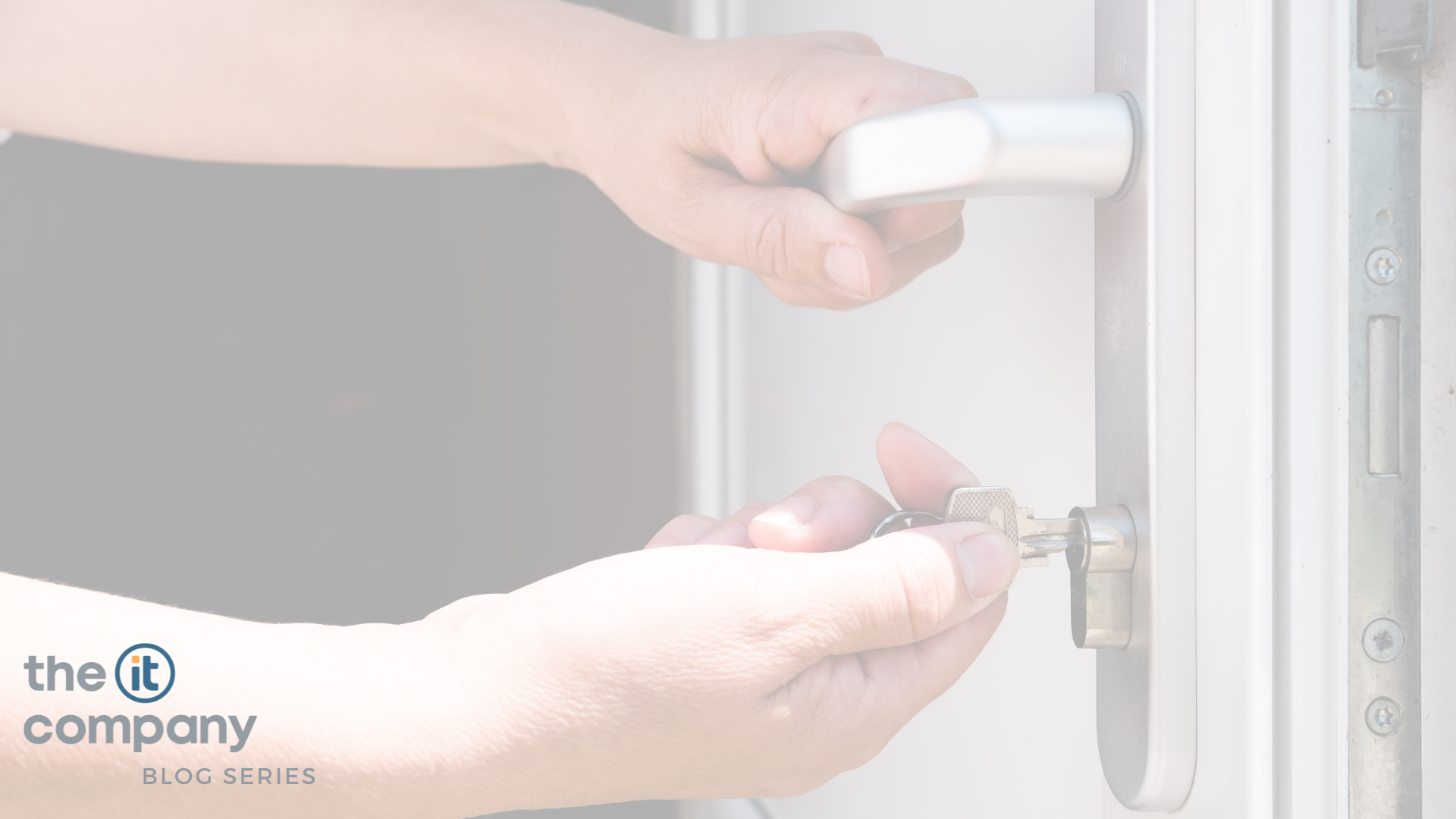Would You Give a Burglar the Keys to Your Home?
You wouldn't give a burglar the keys to your home- would you? That would make their job easy, giving them easy access to enter your home and steal your stuff. Password security is similar- by having weak, reused passwords, you are making hackers jobs easy.
Our personal and professional lives heavily rely on online platforms- so ensuring robust password security has become paramount. Weak passwords can lead to unauthorized access, identity theft, and compromised accounts.
Why Do Strong Password Security Matter?
-
Protection against Unauthorized Access: A strong password acts as a formidable barrier against hackers and malicious actors attempting to gain unauthorized access to your accounts. It acts as the first line of defense, preventing unauthorized individuals from exploiting your personal information or conducting fraudulent activities.
-
Defense against Data Breaches: With an alarming rise in data breaches, where hackers gain access to databases containing user credentials, strong passwords offer an added layer of protection. In the event of a breach, having a complex password makes it significantly harder for cybercriminals to decipher or use your compromised credentials elsewhere.
-
Safeguarding Sensitive Information: Many online services store personal and sensitive data. Using a strong password protects this information from falling into the wrong hands. By creating a unique and robust password for each online account, you reduce the risk of unauthorized access and potential damage to your personal and financial well-being.
What Does Strong Password Security Look Like?
-
Length and Complexity: A strong password should be long, combining uppercase and lowercase letters, numbers, and special characters. Avoid using common patterns or dictionary words that can be easily guessed.
-
Unique for Each Account: Using the same password for multiple accounts is a grave mistake. In the event of one account being compromised, having a unique password for each platform ensures that hackers cannot access your other accounts.
-
Two-Factor Authentication (2FA): Enable two-factor authentication whenever possible. This additional layer of security requires a second verification step, such as a code sent to your mobile device, to confirm your identity. 2FA significantly enhances the security of your accounts, even if your password gets compromised.
-
Password Managers: Consider using a password manager tool to generate and securely store your passwords. These tools offer encrypted databases, eliminating the need to remember multiple complex passwords while ensuring each account has a unique and strong password.
-
Regular Password Updates: Change your passwords periodically, ideally every three to six months, or whenever there is a potential security breach. Regular updates minimize the risks associated with prolonged exposure of the same password.
-
Beware of Phishing Attacks: Exercise caution when receiving unsolicited emails, messages, or phone calls requesting personal information or login credentials. Be wary of fake login pages that imitate legitimate platforms. Always verify the authenticity of the source before providing any sensitive information.
Strong password security is a fundamental step towards safeguarding your online presence. Prioritize password security as an integral part of your online habits- strong passwords are a shield against potential threats in the vast online landscape.


